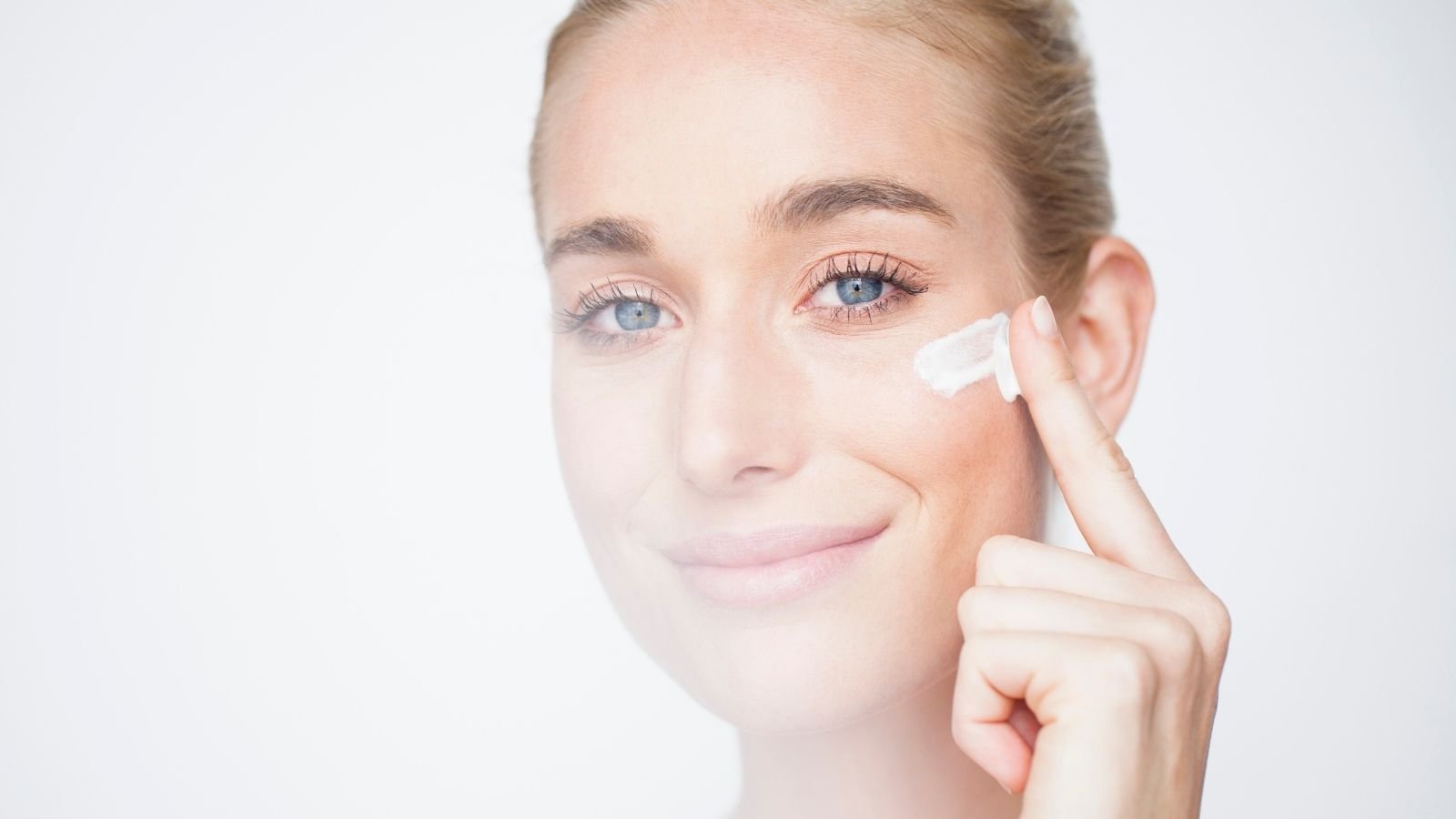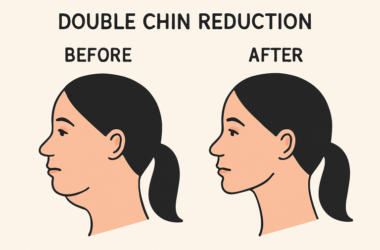When it comes to skincare, two ingredients often rise to the top for their potent effects: retinol and vitamin C. Both of these powerhouse ingredients offer exceptional benefits on their own, but when combined, they can elevate your skincare routine to a whole new level. In this blog, we’ll explore why this dynamic duo—retinol serum and vitamin C serum—works so well together, the science behind their combination, and how you can use them effectively for glowing, youthful skin.
What is Retinol and Why Should You Use It?
Retinol, a derivative of Vitamin A, is one of the most well-researched and highly recommended ingredients in skincare. It works by accelerating cell turnover, which helps to fade dark spots, fine lines, and wrinkles, making your skin look brighter and smoother. Retinol is especially known for its anti-aging properties, promoting the production of new skin cells and encouraging collagen synthesis.
Regular use of a retinol serum can lead to visible improvements in the texture and tone of your skin. It’s perfect for individuals dealing with signs of aging, acne, or hyperpigmentation.
The Benefits of Vitamin C Serum in Your Skincare Routine
Vitamin C, an antioxidant, is another essential ingredient that delivers numerous benefits for the skin. It works to protect the skin from environmental damage by neutralizing free radicals caused by UV exposure and pollution. Vitamin C serum also plays a critical role in collagen synthesis, brightening the skin, and reducing the appearance of pigmentation and discoloration.
Additionally, Vitamin C helps with the healing process of the skin, which is essential when using potent ingredients like retinol. It reduces the effects of inflammation and helps maintain skin hydration, ensuring that your skin stays nourished and radiant.
How Do Retinol and Vitamin C Work Together?
Individually, retinol serum and vitamin C serum provide remarkable skin benefits. But when combined, they create a synergy that can address a broader range of skincare concerns.
- Complementary Functions: While vitamin C brightens and protects, retinol works to regenerate skin cells and address deeper skin concerns. This pairing helps to reduce the appearance of fine lines and wrinkles, even out skin tone, and promote a youthful glow.
- Enhanced Collagen Production: Both ingredients stimulate collagen production. Vitamin C promotes collagen synthesis, and retinol helps to remodel the collagen, which results in firmer, smoother skin.
- Reducing Hyperpigmentation: The combination of retinol serum and vitamin C serum is highly effective at fading dark spots, acne scars, and uneven pigmentation. Vitamin C’s brightening properties help to lighten discoloration, while retinol accelerates skin renewal, leading to more even-toned skin.
How to Incorporate Retinol and Vitamin C in Your Skincare Routine
To get the most out of your retinol serum and vitamin C serum, it’s important to use them correctly and at the right time of day. Here’s a simple routine for incorporating these ingredients into your daily skincare regimen:
Step 1: Start with Vitamin C Serum in the Morning
Vitamin C works best in the morning because it helps protect your skin against environmental damage throughout the day. After cleansing your face, apply a few drops of vitamin C serum to your face and neck, gently massaging it in. Follow with a broad-spectrum sunscreen to protect your skin from UV rays, which can degrade vitamin C and lead to further skin damage.
Step 2: Apply Retinol Serum at Night
Retinol is best used in the evening because it can make your skin more sensitive to sunlight. After cleansing and toning your skin, apply a retinol serum to your face and neck. Be sure to follow it with a nourishing moisturizer, as retinol can sometimes cause dryness or irritation.
Step 3: Alternate Usage (Optional)
If you’re new to using these ingredients, it’s important to introduce them gradually. You can alternate between retinol serum and vitamin C serum on different nights to allow your skin to adjust. Once your skin builds tolerance, you can use both products daily for enhanced results.
Possible Side Effects and How to Avoid Them
Although the combination of retinol serum and vitamin C serum can be highly effective, some users may experience irritation, especially if they have sensitive skin. Here are some tips to avoid any adverse effects:
- Patch Test: Always patch-test new products to see how your skin reacts before applying them to your entire face.
- Start Slowly: If you’re new to retinol, begin with a lower concentration and use it only a few times a week to avoid irritation.
- Use Sunscreen: Both retinol and vitamin C can make your skin more sensitive to sunlight, so never skip sunscreen during the day.
- Moisturize Well: Both of these active ingredients can sometimes lead to dryness, so make sure your skincare routine includes a good moisturizer to maintain hydration.
Conclusion: The Perfect Skin Duo
The combination of retinol serum and vitamin C serum offers an exceptional way to target multiple skin concerns simultaneously. From fighting signs of aging and promoting collagen production to brightening the complexion and addressing hyperpigmentation, these two ingredients are a skincare match made in heaven. By incorporating both into your daily routine and using them properly, you can achieve smoother, more radiant, and youthful-looking skin.
Remember, consistency is key. With the right approach, you’ll enjoy the remarkable results that this powerhouse combination can bring to your skincare routine. So, why not elevate your skincare game with retinol and vitamin C today








